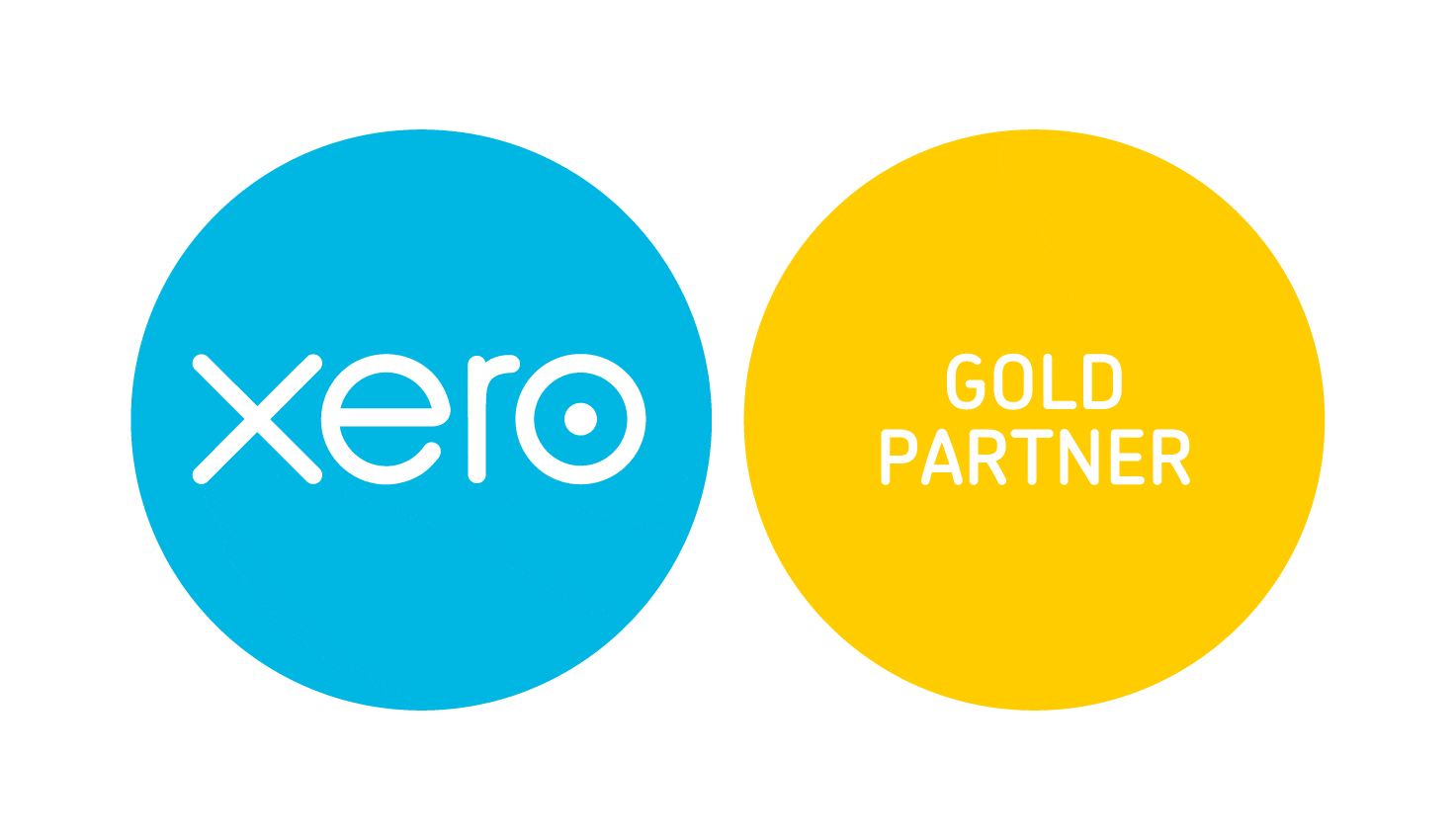Work through the points below to straighten things up for the end of the tax year. Ask us if you would like more information.
Think About: Deductions
Bad Debts: Write bad debts off in your debtor ledger before balance date so you can claim a deduction. Make sure your records show you have taken reasonable steps to recover the debt prior to write-off. Note the details so we can check the GST adjustments.
Employee expenses: You can claim deductions for holiday pay, bonuses, redundancy payments, long service leave etc., if you commit to them before year end and pay them within 63 days of balance date. Check holiday pay has been calculated correctly.
Expenses: Can you pre-pay expenses such as stationery, postage and courier charges before 31 March? You may be able to claim for them. Check with us. There are limits to how far some prepaid expenses are claimable, such as on rent, insurance, plant and equipment maintenance contracts, travel and accommodation.
Fixed assets: Are you still using all of them? Can some be written off?
Discounts: If you offer prompt payment discounts to debtors and maintain a discount reserve, this may be deductible. Make sure your records are clear. In the first year a deduction of the actual discount percentage is allowed. In subsequent years, the deduction is calculated as an approved percentage. Different rules apply if the credit period offered to customers is more than 93 days.
Repairs/Maintenance: Complete planned maintenance or repairs before year end for a tax deduction. Ask us if you aren’t sure whether the expenditure is classified as repairs and maintenance (which would be deductible) or as a capital expense (which wouldn’t).
Stocktake: Dispose of obsolete stock by year end or write it down to its net realisable value (the lesser of cost or market value). If your stock is worth less than $10,000 and turnover for the year less than $1.3m, you won’t need to include your stock movement for tax purposes.
Vehicles: Don’t forget to note your odometer reading at year end. If you keep logbooks noting business and personal use, mileage and costs, ensure these are all in order.
Think About: Income
Credit Notes: Look for credit notes issued to customers after balance date but related to sales made prior to balance date. Note these so you can reduce your taxable income for the current year.
Increased Income: Is this year’s income a lot higher than last year’s? If so let us know. It might be a good idea to consider making a voluntary provisional tax payment.
Losses: Did your group of companies have losses in 2016? Groups of companies may offset profits and losses against each other if you make loss offset elections and subvention payments by 31 March. We can help you with this.
Retentions: Check contracts for the terms on retentions owing. Have you invoiced retentions but they are not payable till work is complete in a subsequent tax year? They won’t count as assessable income for this year. However, If they are payable this year they are assessable income. Note retentions you have invoiced which are not receivable till the next tax year.
Think About: Penalties
Dividends: Review planned dividend payments. Your imputation credit account must be in credit at 31 March or penalties arise. Contact us before 31 March so we can help you.







No comments yet.